Description
Course Objectives:
By the end of this course, students will be able to:
- Understand the theoretical frameworks of conflict resolution.
- Identify different types of conflicts and their root causes.
- Apply conflict resolution techniques in real-world scenarios.
- Develop skills for negotiation, mediation, and effective communication.
- Evaluate the effectiveness of different conflict resolution strategies.
Course Outline:
Module 1: Introduction to Conflict Resolution
- Topics: Definition of conflict, types of conflict (intrapersonal, interpersonal, group), and the importance of conflict resolution.
- Readings:
- Fisher, R., Ury, W. L., & Patton, B. (2011). Getting to Yes: Negotiating Agreement Without Giving In.
Module 2: Theories of Conflict
- Topics: Overview of conflict theories (e.g., structural, psychological, cultural).
- Activities: Group discussion on personal conflict experiences.
- Assessment: Reflection paper on a personal conflict experience and theoretical perspective.
Module 3: Communication Skills for Conflict Resolution
- Topics: Active listening, assertiveness, and nonverbal communication.
- Readings:
- Rosenberg, M. (2003). Nonviolent Communication: A Language of Life.
- Activities: Role-playing scenarios to practice communication skills.
Module 4: Conflict Styles and Strategies
- Topics: Thomas-Kilmann Conflict Mode Instrument, collaborative vs. competitive approaches.
- Assessment: Complete the Thomas-Kilmann assessment and reflect on personal conflict style.
Module 5: Negotiation Techniques
- Topics: Principles of negotiation, BATNA (Best Alternative to a Negotiated Agreement).
- Activities: Mock negotiation exercises.
- Assessment: Written analysis of a negotiation case study.
Module 6: Mediation and Facilitation
- Topics: Role of a mediator, mediation process, and facilitative vs. evaluative mediation.
- Readings:
- Moore, C. W. (2014). The Mediation Process: Practical Strategies for Resolving Conflict.
- Activities: Simulated mediation sessions.
- Assessment: Group mediation project.
Module 7: Cultural and Ethical Considerations in Conflict Resolution
- Topics: Impact of culture on conflict and resolution strategies; ethical dilemmas in conflict resolution.
- Activities: Case study analysis of cross-cultural conflicts.
- Assessment: Group presentation on cultural considerations in conflict resolution.
Module 8: Conflict Resolution in Organizations
- Topics: Organizational conflict, conflict management systems, and team dynamics.
- Readings:
- Kilmann, R. H., & Thomas, K. W. (1977). "Developing a Forced-Choice Measure of Conflict-Handling Behavior: The Thomas-Kilmann Conflict Mode Instrument."
- Activities: Analyze a case of organizational conflict.
- Assessment: Written report on an organizational conflict case.
Module 9: Conflict Resolution in Communities
- Topics: Community mediation, grassroots conflict resolution initiatives, and restorative justice.
- Activities: Guest speaker from a community mediation organization.
- Assessment: Research project on a community conflict resolution initiative.
Week 10: Personal Development and Future Applications
- Topics: Personal reflection on conflict resolution skills, creating a personal action plan.
- Activities: Peer feedback on conflict resolution strategies.
- Assessment: Final portfolio including reflections, assessments, and personal action plans.
Assessment Methods:
- Reflection Papers: Assess students’ ability to connect theory with personal experiences.
- Group Projects: Evaluate collaboration and application of conflict resolution techniques in a group setting.
- Case Studies: Analyze real-world conflicts, applying theoretical knowledge and problem-solving skills.
- Mock Negotiations and Mediations: Assess practical application of negotiation and mediation skills.
- Final Portfolio: Comprehensive evaluation of the student’s learning journey throughout the course.

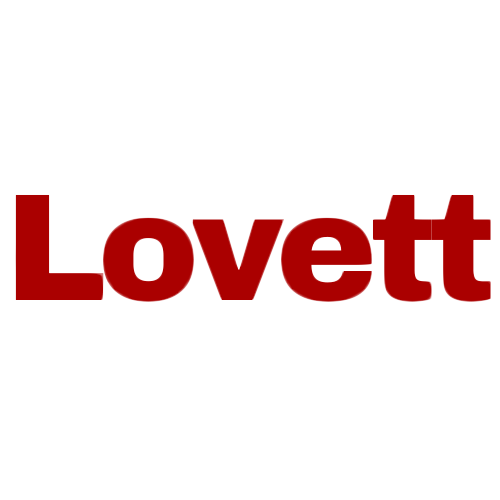
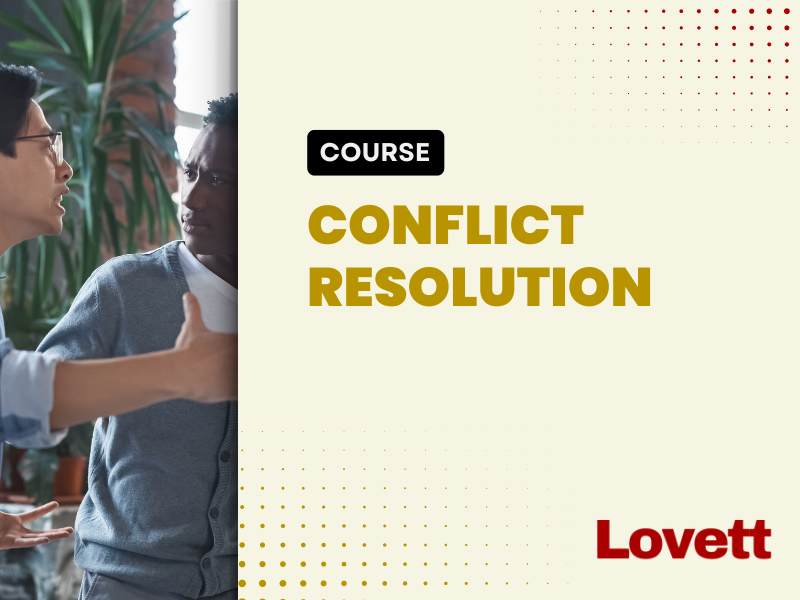
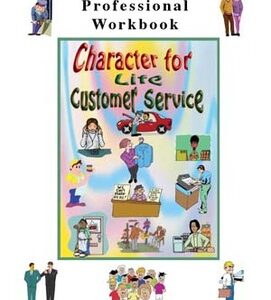
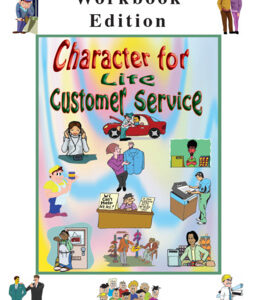

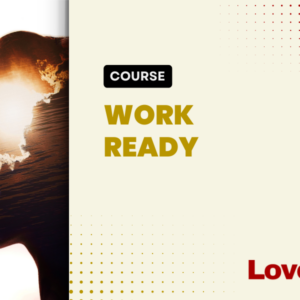
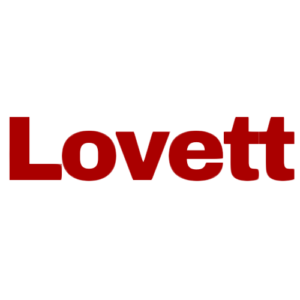
Reviews
There are no reviews yet.